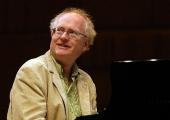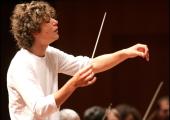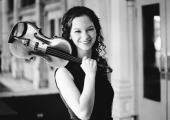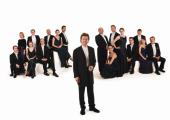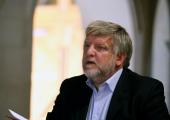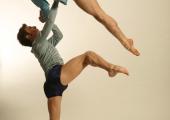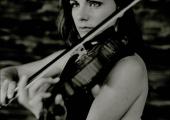Verbier Festival: an Alpine symphony

The unique appeal of the only music festival you can reach by cable car
It becomes increasingly hard for a music festival to stick out from the crowd these days. But high culture, high summer and high altitude create a rousing major chord each July in Verbier, which can genuinely claim to be the only festival you reach by cable car. When you get up there you are greeted by an alpine symphony of glaciers slithering off peaks and pastures clanging with cowbells. Streams descant and trill along gutters between chalets. No wonder stellar musicians drop their fee to return, both to play and listen. Egos are left at the bottom of the mountain.


